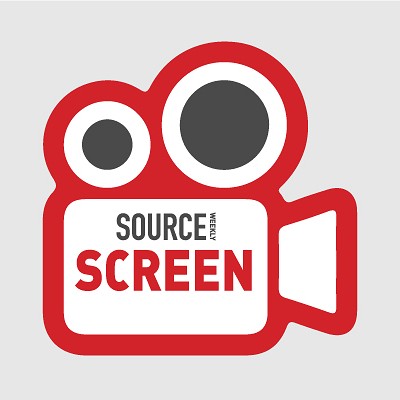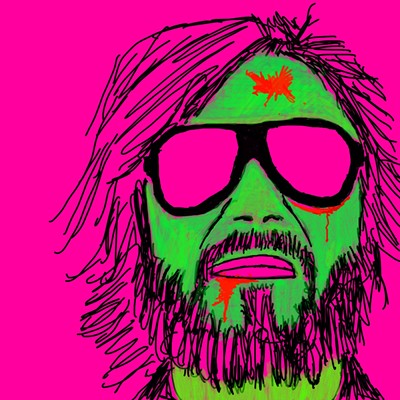They just don't make video games like this anymore...thankfully.Back in the early 1980s after the Atari 2600 system was released, other companies wanted to cash in on the video game craze and one such company was Coleco. Considered a second-generation game system, the ColecoVision was released at the end of 1982 with 12 arcade-quality titles. The system was sold with a licensed version of Nintendo's "Donkey Kong," and helped beat its main rival, the Atari 5200, which also provided more advanced, arcade-quality games, but was ultimately less successful than the ColecoVision. The system sold more than a million units in its first year and more than seven million during its lifetime.
ColecoVision came with two rectangular controllers featuring a numeric keypad, side button paddles, and a small joystick at the top - similar to the Intellivision controllers. Overlays were typically placed on the numeric keypad to help map the keys for each game. Coleco also created the console with expansion slots for hardware add-ons. The first was called the Expansion Module #1, which allowed players to play Atari 2600 games. This led to a major lawsuit between Atari and Coleco resulting in Coleco paying royalties for the use of the emulator. The other two expansion ports were used for a steering wheel with pedals and the other for the Adam home computer.
At its peak in 1983, the system was the number one game console of the year, beating Atari and Intellevision, but even Coleco could not escape the video game crash of '83. To compete with the home computer market and stay alive after the crash, Coleco took a bold move to make a home computer called the Adam which would hook up to the ColecoVision - but by the end of 1985, the computer idea flopped and Coleco was out of the video game business. Strangely, Coleco was also the company that released the infamous Cabbage Patch Kids, which made over a billion dollars for the company, but that wasn't enough to save it from filing for bankruptcy in 1989. During the system's lifespan, there were more than 177 titles released and now the system enjoys a retro life where gamers seek out, trade and collect the system and its games.

















